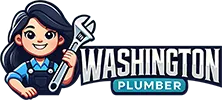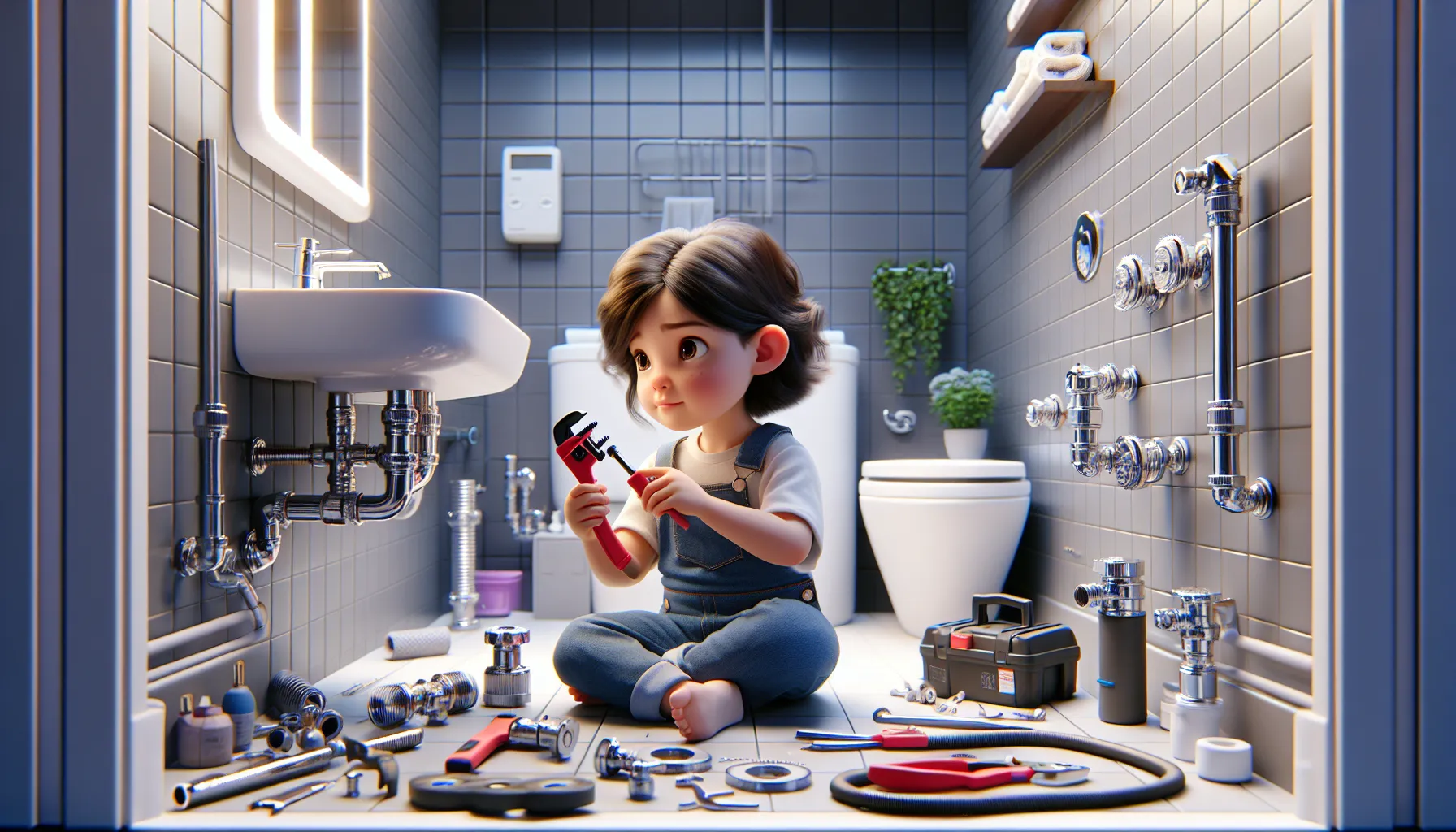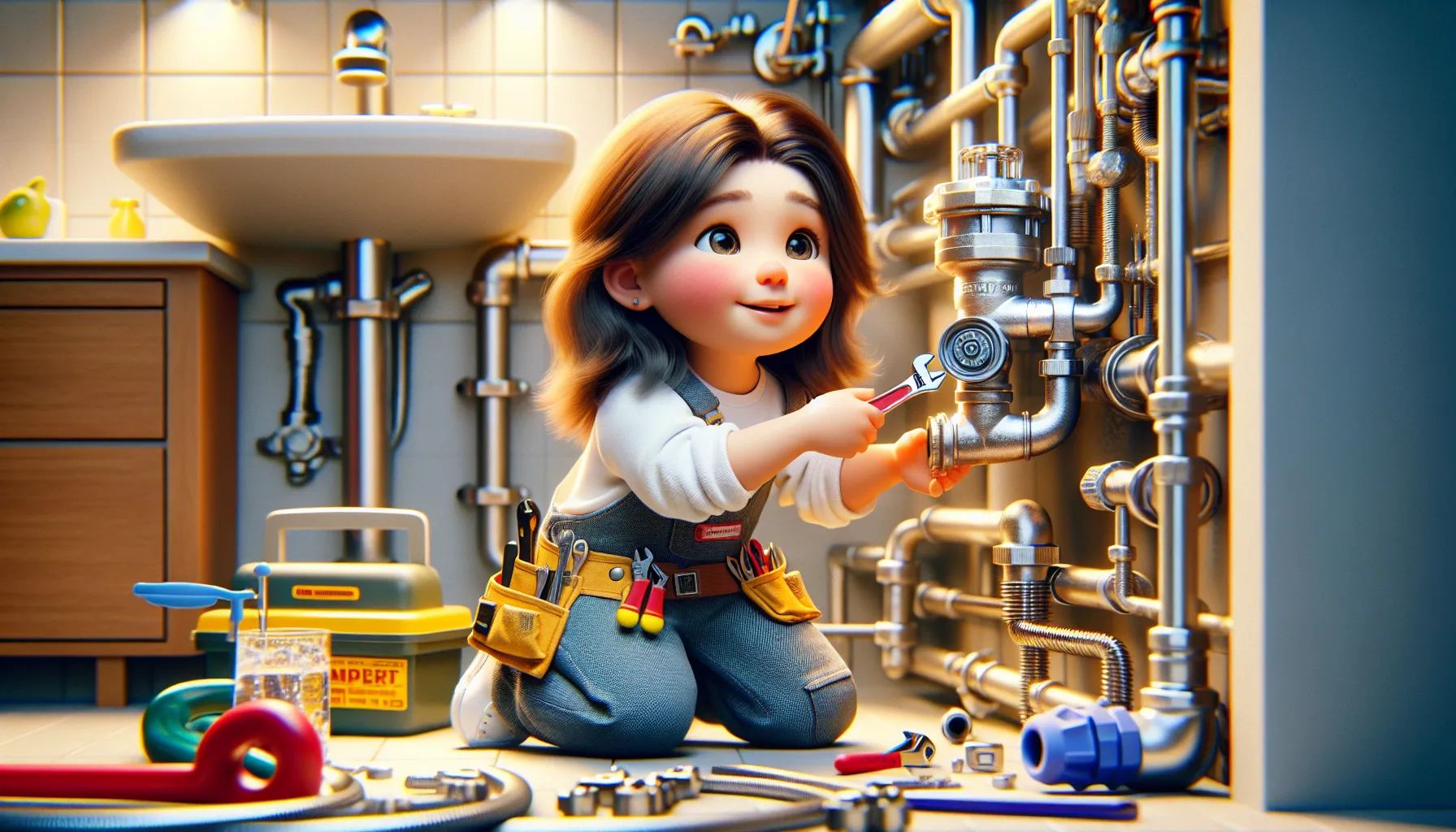You may not realize it, but regular maintenance of your sewer lines is crucial to prevent costly and inconvenient blockages. Sewer line blockages can lead to sewage backup into your home, causing damage and health hazards. To avoid this disastrous situation, there are several preventive measures you can take to keep your sewer lines flowing smoothly.
First, avoid flushing any non-biodegradable items down the toilet. Items such as wipes, feminine hygiene products, and paper towels can easily cause blockages. Additionally, regularly have your sewer lines inspected and cleaned by a professional to catch any potential issues before they escalate. By following these simple tips, you can prevent sewer line blockages and protect your home from a messy and expensive situation.
Key Takeaways:
- Regular Maintenance: Regularly maintain your sewer lines to prevent blockages.
- Proper Waste Disposal: Dispose of waste properly to avoid clogs in the sewer system.
- Avoid Flushing Non-Biodegradable Items: Never flush non-biodegradable items down the toilet to prevent blockages.
- Install Drain Covers: Install drain covers to catch hair, food particles, and other debris that could cause blockages.
- Professional Inspection: Schedule regular professional inspections of your sewer lines to detect and prevent blockages early.
Common Causes of Sewer Line Blockages
Materials that Cause Blockages
Blockages in sewer lines can be caused by various materials that should never be flushed or introduced into the sewage system. Common culprits include grease, fat, hair, foreign objects, and non-biodegradable items. When these materials accumulate in the pipes, they can form obstructions that hinder the flow of wastewater and lead to blockages.
External Factors Affecting Sewer Lines
One of the common external factors affecting sewer lines is tree roots. Tree roots are attracted to the moisture and nutrients inside the pipes, causing them to grow and infiltrate the sewage system. Other external factors include soil settlement, pipe corrosion, and poor installation. These factors can weaken the pipes and increase the likelihood of blockages. Thou, regular inspection and maintenance are crucial to prevent and address these issues.
- Tree roots
- Soil settlement
- Pipe corrosion
- Poor installation
A combination of factors can lead to blockages in sewer lines, making it crucial to stay vigilant and proactive in preventing these issues. Regular maintenance and proper disposal of waste are key practices in keeping sewer lines clear and functional. A proactive approach can help homeowners avoid costly repairs and maintain a healthy sewage system.
Everyday Habits to Prevent Blockages
Proper Waste Disposal
Disposal of waste plays a crucial role in preventing sewer line blockages. It is vital to dispose of waste properly by avoiding flushing non-degradable items down the toilet or pouring grease and oil down the drain. Materials such as paper towels, wet wipes, and feminine hygiene products should be disposed of in the trash instead of being flushed. Grease and oil solidify in pipes, causing build-up that can lead to clogs. By being mindful of what goes down the drains, you can significantly reduce the risk of blockages in your sewer line.
Bathroom Habits to Protect Your Sewer Line
With regular maintenance and care of your plumbing system, you can prevent costly sewer line blockages. Avoid using excess toilet paper and flushing items other than human waste and toilet paper down the toilet. Hair is another common culprit for clogs, so using a drain strainer in the shower can help prevent hair from accumulating in the pipes. By being mindful of these habits, you can keep your sewer line free from blockages and ensure the smooth flow of wastewater.
The bathroom is a common area where sewer line blockages occur, so it’s important to pay extra attention to your habits in this space. Regular maintenance, such as using enzyme-based cleaners to break down organic matter in the pipes, can also help prevent clogs and keep your sewer line in good condition. By adopting these preventative habits, you can avoid the inconvenience and expense of dealing with sewer line blockages in the future.
Best Practices for Kitchen Drain Management
Now let’s investigate into some best practices for managing your kitchen drain to prevent blockages and keep your sewage system running smoothly. Two key aspects of proper kitchen drain management are dealing with grease and food scraps, as well as ensuring the safe use of garbage disposals.
Dealing with Grease and Food Scraps
Grease and food scraps are common culprits for causing kitchen drain blockages. It’s crucial to never pour grease down the drain, as it solidifies and can create clogs over time. Instead, collect the grease in a container and dispose of it in the trash once it solidifies. Similarly, avoid rinsing food scraps down the drain, as they can accumulate and block the pipes. Use a strainer in your sink to catch food particles and empty it into the trash regularly.
Safe Use of Garbage Disposals
Safe use of garbage disposals is crucial for preventing drain blockages. While convenient for disposing of food waste, garbage disposals should not be treated as a substitute for the trash can. Avoid putting fibrous or starchy foods, such as potato peels or celery, down the disposal, as they can clog the system. Always run cold water while using the disposal and continue to run it for a few seconds after grinding to ensure all waste is flushed out properly.
With proper maintenance and mindful use, you can help prevent costly sewer line blockages and keep your kitchen drain functioning efficiently.
Sewer-Friendly Bathroom Practices
Items to Avoid Flushing
Keep in mind that your toilet is not a trash can. Avoid flushing items such as paper towels, hygiene products, cotton balls, and wipes down the toilet. Even products labeled as “flushable” can cause significant clogs in your sewer line. These items can get caught in the pipes, leading to blockages that are expensive to fix and can result in messy backups.
Preventative Maintenance for Toilets and Showers
Flushing only toilet paper and human waste is crucial to prevent clogs. Additionally, consider installing a drain strainer in your shower to catch hair and soap scum before they can build up in your pipes. Regularly cleaning your toilet and shower drains can help prevent blockages that could lead to sewer line issues.
Another Tip for Preventative Maintenance for Toilets and Showers
Avoid using harsh chemical drain cleaners as they can damage your pipes over time. Instead, opt for natural alternatives like a mixture of vinegar and baking soda to keep your drains clear and your sewer line flowing smoothly.
Landscaping and External Environment Considerations
Tree Root Intrusion Prevention
To prevent tree roots from causing blockages in your sewer line, it is crucial to plant trees a safe distance away from your sewer line. *Any* trees planted near your sewer line should be small to reduce the risk of root intrusion. Installing a root barrier between the tree and the sewer line can also help in preventing root growth towards the pipes.
Managing Rainwater and Yard Debris
*Yard* maintenance plays a key role in preventing sewer line blockages. Keep your gutters clean and redirect rainwater away from your home’s foundation to prevent excess water from seeping into the ground and potentially causing sewer line issues. Regularly removing leaves, debris, and other yard waste from your lawn can also help prevent blockages in your sewer line.
This approach will not only *strongly* reduce the risk of sewer line blockages but also contribute to a healthier and more aesthetically pleasing outdoor environment. Proper maintenance of your landscaping and external environment is crucial for preserving the integrity of your sewer system.
Professional Inspection and Maintenance
When to Schedule Professional Inspections
Professional sewer line inspections are crucial for maintaining the health of your sewer system. After several years of use, sewer lines can develop blockages, cracks, or leaks that may lead to more serious problems if left unchecked. It is recommended to schedule a professional inspection every 1-2 years to ensure your sewer lines are in optimal condition.
Benefits of Routine Maintenance Services
On top of regular inspections, routine maintenance services can help prevent costly repairs and inconveniences. Professional plumbers can perform tasks such as hydro-jetting to clear out debris and buildup in your sewer lines, as well as repair any minor issues before they escalate into major problems. Maintenance services can also prolong the lifespan of your sewer system, saving you money in the long run.
By investing in routine maintenance services, you are taking a proactive approach to caring for your sewer lines and ensuring they function properly. This can provide peace of mind knowing that your home’s plumbing is in good hands and reduce the risk of unexpected sewer line blockages or failures.
Dealing with an Emergent Blockage
Initial Steps to Take
Noticing a sewer line blockage can be alarming, but there are initial steps you can take to address the issue before calling a professional. First, turn off all water sources in your home to prevent any further build-up in the pipes. Attempt to locate the blockage by checking all drains and toilets to see if the problem is isolated to a specific area. If you have a sewer cleanout access point, try using a plumber’s snake to dislodge any obstructions.
When to Call a Professional
One should consider calling a professional plumber if the initial attempts to clear the blockage are unsuccessful. If you notice multiple drains are affected, foul odors coming from your drains, or wastewater backing up into your home, it is crucial to seek professional assistance immediately. A professional plumber will have the necessary tools and knowledge to properly diagnose and resolve the issue before it escalates further.
Dealing with sewer line blockages can be more complex than it seems, and attempting DIY methods without proper expertise can worsen the situation. It is imperative to act promptly when facing a sewer line blockage to prevent potential health hazards and structural damage to your property.
Summing up
Preventing sewer line blockages is crucial for the smooth operation of your plumbing system and to avoid costly repairs. By following the tips mentioned above, such as being mindful of what you flush down the toilet, using a hair catcher in the shower, and scheduling regular inspections, you can help maintain the health of your sewer lines. Remember that prevention is key, so taking proactive steps to protect your sewer system can save you time, money, and headaches in the long run.
FAQ
Q: What causes sewer line blockages?
A: Sewer line blockages can be caused by various factors including flushing non-biodegradable items, tree root infiltration, grease buildup, and structural issues.
Q: How can I prevent sewer line blockages?
A: To prevent sewer line blockages, avoid flushing items like wipes and paper towels, dispose of cooking grease properly, plant trees away from sewer lines, and schedule regular maintenance checks.
Q: Why is it important to prevent sewer line blockages?
A: Preventing sewer line blockages is important because blockages can lead to sewage backups, foul odors, costly repairs, and environmental contamination.
Q: How often should sewer lines be inspected?
A: Sewer lines should be inspected at least once a year to catch any potential issues early and prevent blockages from occurring.
Q: What should I do if I suspect a sewer line blockage?
A: If you suspect a sewer line blockage, it is important to stop using water and call a professional plumber to assess the situation and clear the blockage before it causes further damage.


